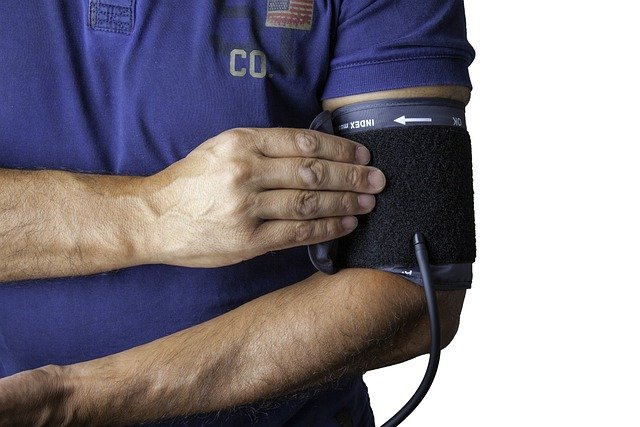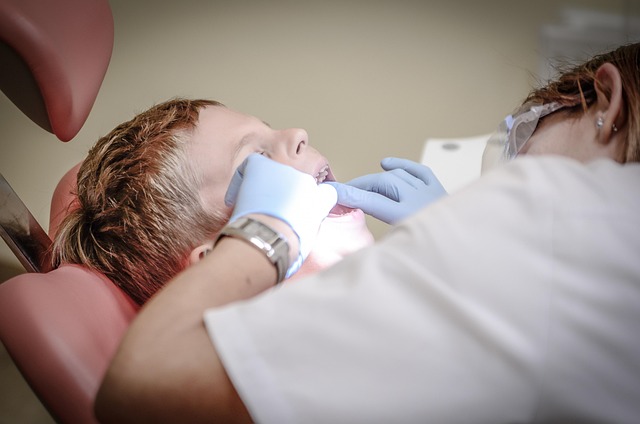Early Warning Signs of Heart Attack in United States
Heart attacks remain a significant health concern in the United States. Early recognition of warning signs can be vital in reducing damage and improving outcomes. This article outlines common initial symptoms and related information to help increase awareness among adults in the U.S. in 2026.

Understanding Heart Attacks
A heart attack, medically known as a myocardial infarction, occurs when the blood flow to a part of the heart muscle is blocked. This blockage is often caused by a blood clot in one of the coronary arteries, which supply oxygen-rich blood to the heart. Without prompt restoration of blood flow, the affected heart tissue can suffer damage or death. The severity of damage depends largely on the speed of treatment.
Common Early Warning Signs
Early symptoms of a heart attack may be mild or easily mistaken for other conditions. Recognizing these signs promptly is important since timely medical evaluation can limit heart damage and improve survival. The most frequently reported early symptoms include:
Unexplained Fatigue
Many individuals, especially women, report unusual or excessive tiredness days or even weeks prior to a heart attack. This fatigue is not relieved by rest and may be unrelated to physical activity or other common causes. It indicates that the heart is under stress and not receiving adequate oxygen.
Chest Discomfort or Pressure
While intense chest pain is a classic symptom, many experience milder sensations such as discomfort, pressure, squeezing, or fullness in the chest area. This sensation can last from several minutes to longer periods and may come and go. It should be noted that chest symptoms do not always involve pain and can be described differently by different people.
Shortness of Breath
Difficulty breathing or shortness of breath during routine activities such as walking, climbing stairs, or even at rest may indicate compromised heart function. This symptom often accompanies chest discomfort but can occur independently. It results from insufficient oxygenation due to reduced blood flow.
Pain Radiating to Other Areas
Pain or discomfort may spread beyond the chest to one or both arms (commonly the left arm), neck, jaw, back, or stomach. This radiating pain is characteristic of cardiac-related symptoms but can vary in intensity and location.
Additional Early Symptoms
Other less typical symptoms include: - Nausea or vomiting - Lightheadedness or dizziness - Cold sweat - Indigestion or heartburn-like sensations
These symptoms are more commonly reported in women, older adults, and individuals with diabetes.
Heart Attack Symptoms in Women
Research indicates that women often experience heart attack symptoms differently than men. In many cases, women may not have the classic chest pain. Instead, they report: - Unusual fatigue - Nausea or vomiting - Shortness of breath - Pain in the neck, jaw, or back
This difference contributes to challenges in early recognition and diagnosis in women.
Risk Factors Relevant to the United States Population
Several factors increase the risk of heart attacks among adults in the United States. These include: - High blood pressure - High blood cholesterol levels - Smoking - Diabetes - Obesity - Physical inactivity - A family history of heart disease - Excessive alcohol use - Stress
The prevalence of some of these risk factors varies by region, ethnicity, and socioeconomic status within the United States.
When to Seek Medical Evaluation
Because the symptoms of a heart attack can be varied and sometimes subtle, it is important to consider medical evaluation promptly if any warning signs are present, especially if several symptoms occur together or persist. Early intervention is key to limiting heart muscle damage.
Emergency Response and Treatment Overview
In the event of a suspected heart attack, standard treatment protocols in the United States aim to quickly restore blood flow. This can involve medications to dissolve clots, catheter-based procedures to open blocked arteries, or surgery. Rapid medical attention within the first two hours significantly improves outcomes.
Preventive Measures
Although prevention strategies do not directly relate to recognizing early signs, understanding risk factors and maintaining a heart-healthy lifestyle are important components of reducing heart attack incidence. Such measures include controlling blood pressure, managing cholesterol, smoking cessation, healthy diet, regular physical activity, and maintaining a healthy weight.
Typical Costs in United States (2026)
Healthcare costs related to heart attack recognition, diagnosis, and initial treatment can vary widely depending on insurance coverage, hospital location, and severity of the event. Typical cost estimates include:
- Basic Medical Evaluation: Approximately $200 to $1,500 for emergency room evaluation and initial diagnostic tests (ECG, blood tests).
- Standard Hospital Treatment: Ranges from $20,000 to $50,000 including angioplasty or stenting procedures, medication, and inpatient care.
- Comprehensive Care: Costs exceeding $50,000 for more complex interventions, intensive care unit stays, and rehabilitation services.
These figures are approximate and actual costs can vary based on individual circumstances and healthcare provider charges.
Summary
In 2026, understanding the early warning signs of a heart attack remains critical for the U.S. population. Symptoms such as unusual fatigue, mild chest discomfort, shortness of breath, and pain in the arms, neck, or jaw may precede more severe events. Awareness of these symptoms, especially considering differences in presentation between men and women, is important to promote timely medical evaluation and improve health outcomes.




